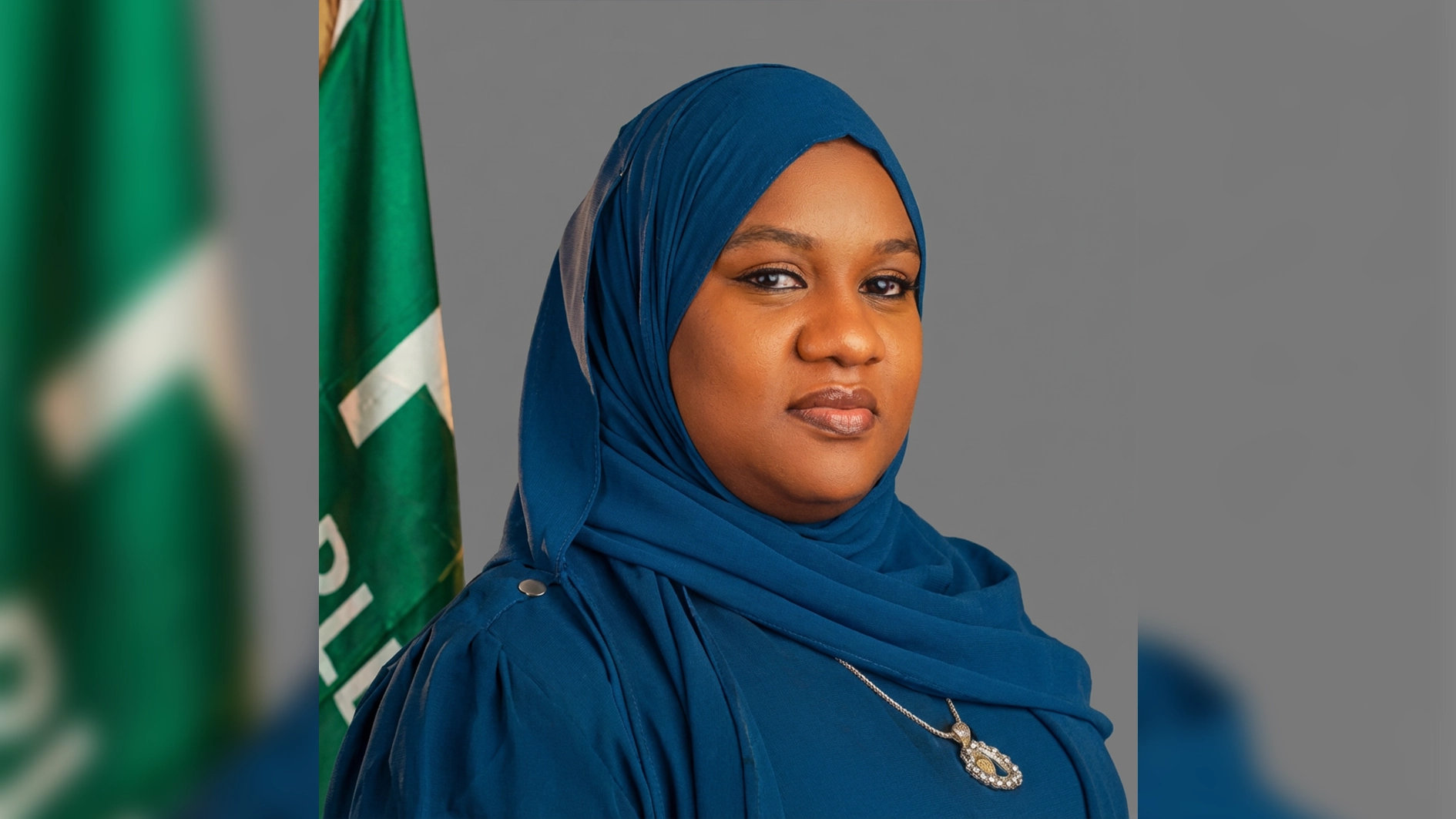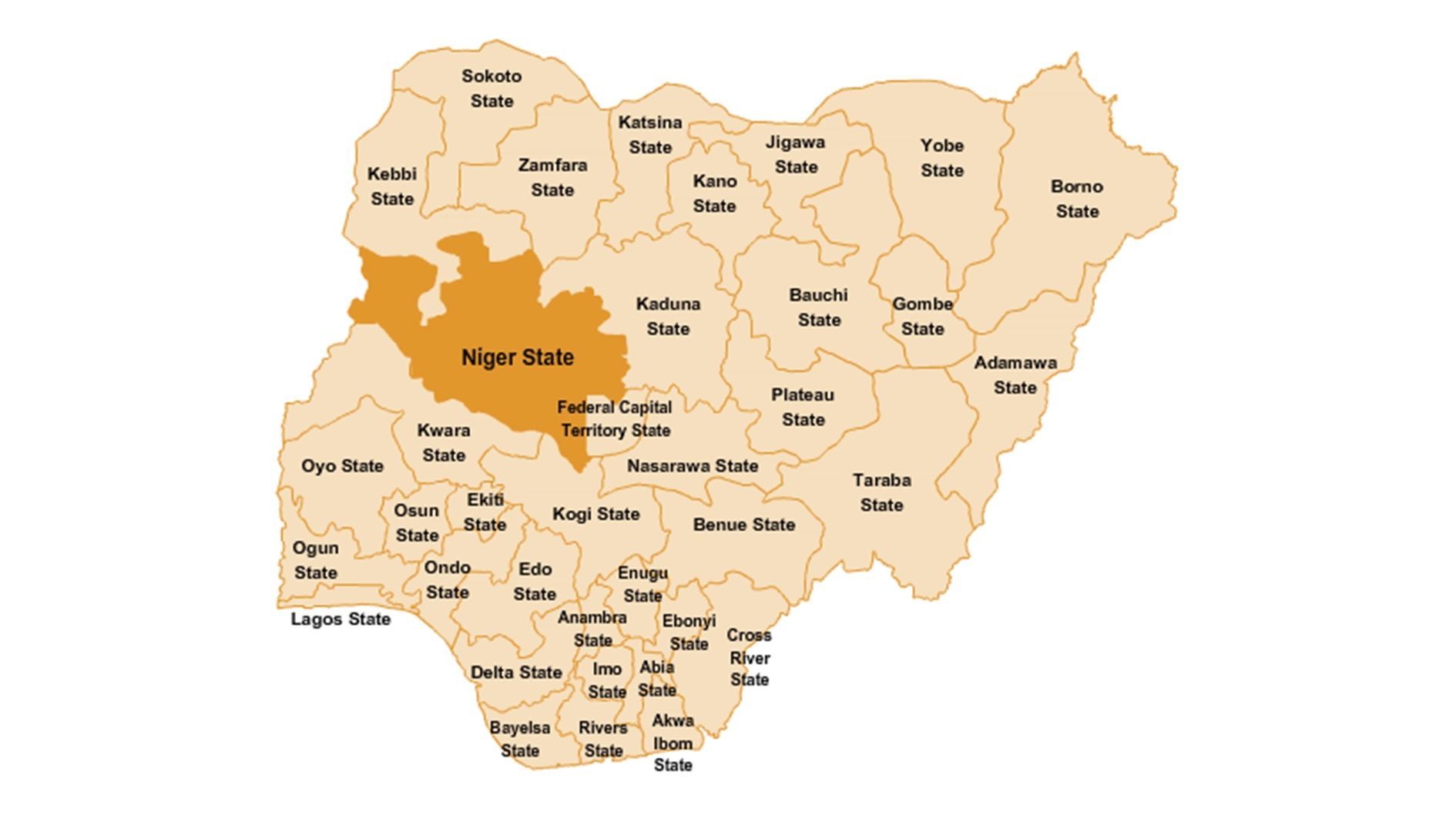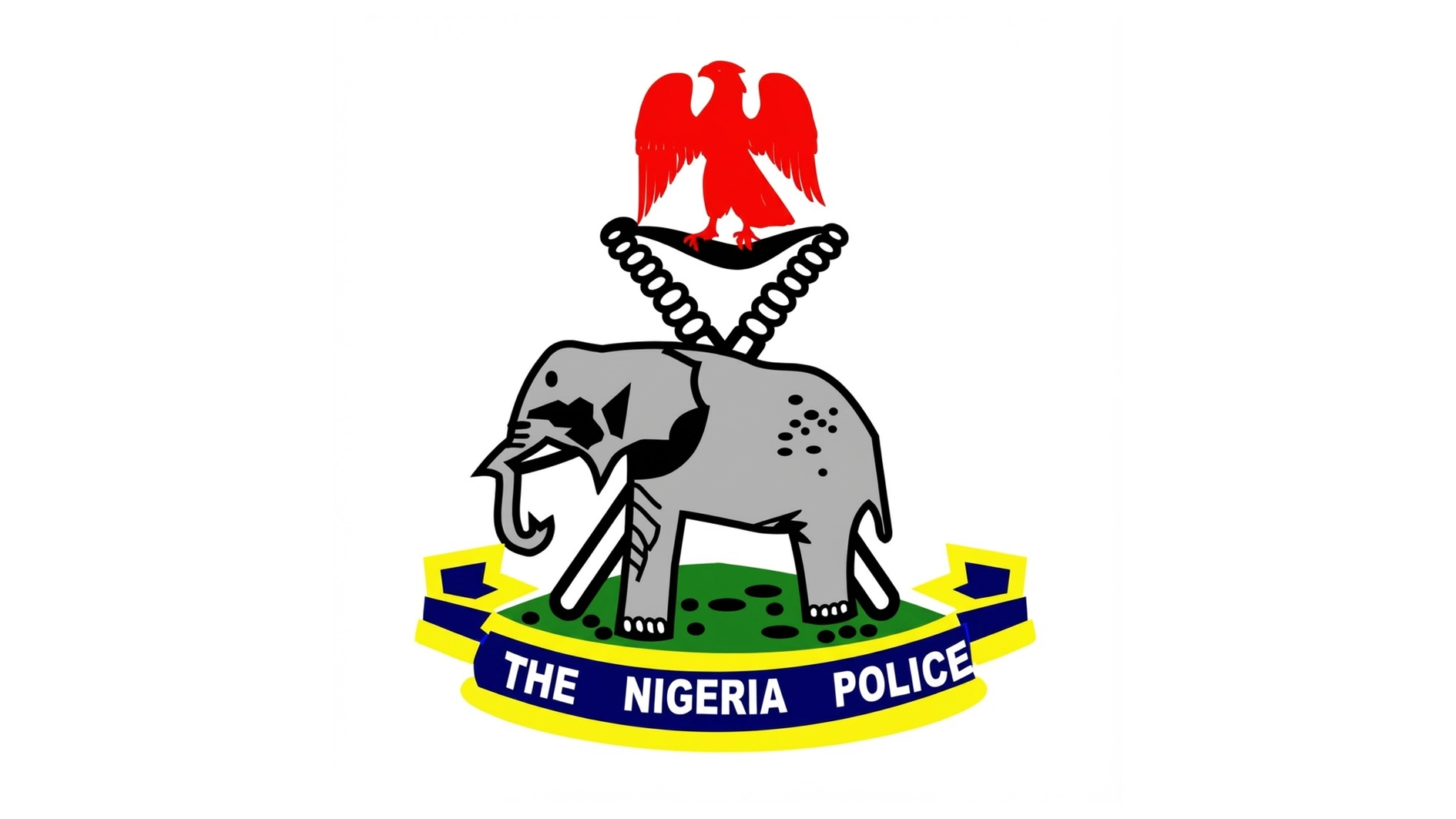TRIPOINT Academy for Tourism and Enterprise Development, in partnership with the Global Entrepreneurship Network (GEN) Nigeria, has announced plans for the Arewa Festival 2025, a major cultural and commercial initiative aimed at revitalising economic activities across Northern Nigeria.
The festival, themed “Reliving the African Trade,” was introduced during a press conference held in Lagos. The event drew senior figures from the financial sector, telecommunications industry, consumer goods companies, and entrepreneurship organisations, who expressed strong support for the festival’s mission to stimulate economic and cultural transformation across the region.
Speaking during the briefing, the Founder of Tripoint Academy, Mrs Shuhda Muhammed, said the festival was conceived as a strategic platform to reconnect Northern Nigeria with its historic identity as a commercial powerhouse.
She explained, “Arewa has always been a centre of trade, innovation and cultural exchange, and this festival is designed to revive that legacy by creating new opportunities for entrepreneurs, creatives, agribusinesses and communities across all 19 Northern states.”
She added that the festival would “bring people together through commerce, culture and creativity, while opening new economic doors for thousands of small businesses.”
The press conference was attended by the Managing Director of SANEF, Mrs Uche Uzoebo; the Head of Corporate Banking at TAJ Bank, Mrs Onajite Eshareghan; the Vice President for Sales and Digitisation (North) at T2 (formerly 9Mobile), Ibrahim Katsina; the Vice President for Brand and Communications at T2, Seni Ogunkola; the Assistant Brand Manager for Culinary at ONGA, Mrs Babatunde Kudirat; the Head of the Culinary Category at ONGA, Mrs Omotayo Olaobaju; and the Managing Director of GEN Nigeria, Dr Olawale Anifowose.
Dr Anifowose said the festival aligned with GEN’s global mission to promote entrepreneurship and innovation.
According to him, “This festival for us is not just an event. It is a movement that will accelerate economic transformation in Northern Nigeria and help to showcase the entrepreneurial acumen and true professionalism of the region. One of the things we believe will come out of this is access to markets for many businesses in Northern Nigeria, and we believe the Arewa Festival is going to be a light that will be shown across the entire world.”
Modelled after historic trans-Saharan trade routes and ancient markets that once supported regional prosperity, the Arewa Festival aims to stimulate modern economic activity by creating opportunities for small businesses, artisans, agribusiness operators and emerging creative talents. Organisers project that more than 200,000 visitors will attend, while over 5,000 small and medium enterprises are expected to benefit from expanded platforms for exposure, networking and commerce.
A major announcement at the briefing was the introduction of AREWATECH, the festival’s long-term development blueprint, known as Africa Rebuilds Economy With Agriculture, Trade, Entrepreneurship, Education, Creatives and Hospitality.
The initiative is designed to strengthen agricultural value chains, expand inter-state and international trade, accelerate youth entrepreneurship and enhance capacity in the creative and digital sectors while positioning Northern Nigeria as a tourism and hospitality destination.
The AREWATECH framework will evolve into innovation hubs, yearly marketplaces, export pathways and a year-round entrepreneurial ecosystem.
Organisers also outlined the diverse experiences that will define Arewa Festival 2025, including trade exhibitions, cultural showcases, fashion presentations, food tourism activities, entrepreneurship masterclasses, youth innovation programmes, art exhibitions and literacy engagements. The festival will take place over two days, with coordinated activities across all 19 Northern states.
The event is expected to attract entrepreneurs, investors, agribusiness stakeholders, creatives, students, development agencies, government officials and tourists.
Stakeholders believe the festival will support job creation, expand market access, encourage cultural preservation, improve youth participation in economic activities, and contribute to a more positive narrative about Northern Nigeria.






